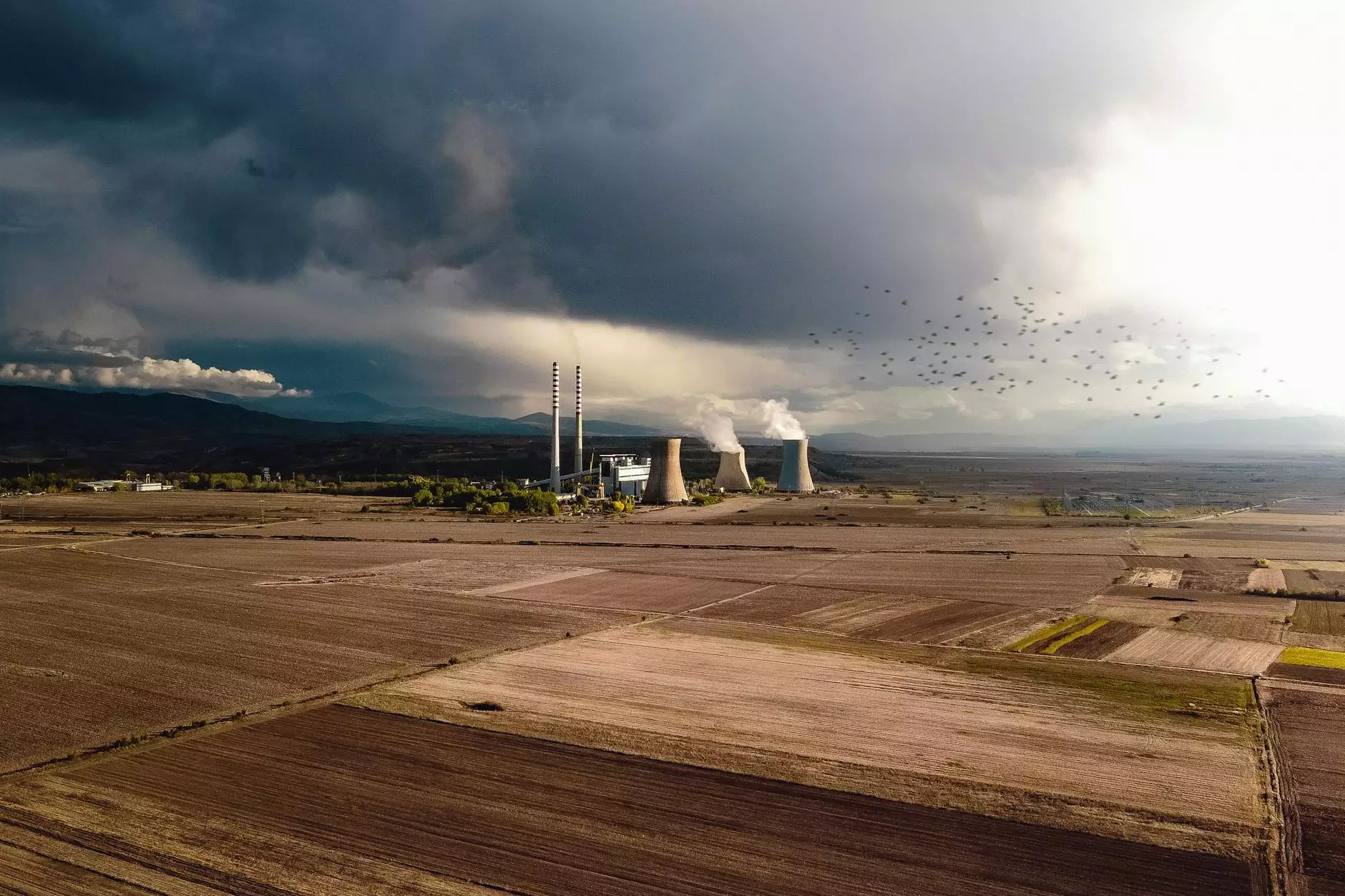Advanced Insights on Infrastructure RFP

Welcome to Citylitics.com, your ultimate resource for advanced insights on infrastructure RFP (Request for Proposal). As a leading platform focusing on local services, public services & government, and community service/non-profit sectors, we are dedicated to providing you with high-quality information to enhance your infrastructure initiatives.
Understanding Infrastructure RFP
In today's rapidly evolving world, strategically planning and developing infrastructure projects is crucial for the growth of cities and communities. An Infrastructure RFP refers to the process through which local services, public services & government, and community service/non-profit organizations solicit bids from contractors or service providers for the development, maintenance, or improvement of essential infrastructure elements such as transportation systems, utilities, and public facilities.
The Importance of Advanced Insights
Having advanced insights on infrastructure RFP can give you a competitive advantage when it comes to securing funding, attracting quality contractors, and implementing successful infrastructure projects. These insights enable you to make informed decisions, streamline the RFP process, and ensure the best possible outcomes for your community.
Key Strategies for Improving Infrastructure RFP
1. Thorough Project Planning: Before initiating an infrastructure RFP, it is crucial to have a clear understanding of your project goals, requirements, and timelines. Thorough project planning ensures that all stakeholders are aligned and on the same page, minimizing the possibility of delays or miscommunications during the RFP process.
2. Comprehensive Scope of Work: Clearly defining the scope of work in your RFP is essential for attracting qualified contractors who fully understand the project's requirements. A comprehensive scope of work helps prevent any ambiguity and ensures that contractors can provide accurate and competitive bids.
3. Transparent Evaluation Criteria: Establishing transparent evaluation criteria allows all participating contractors to understand how their proposals will be assessed. This clarity encourages fair competition and ensures that the selection process is transparent, objective, and based on merit.
4. Effective Communication: Open and efficient communication with potential bidders is crucial throughout the RFP process. Promptly addressing any inquiries, clarifying project details, and providing regular updates help build trust and improve the overall efficacy of the process.
5. Collaboration and Partnerships: Engaging stakeholders, both within your organization and external partners, can enhance the success of your infrastructure project. Collaborative efforts can lead to better innovation, increased resource sharing, and more comprehensive solutions for the community.
Advanced Insights for Successful Infrastructure Proposals
1. Enhancing Proposal Clarity
When developing your infrastructure proposal, it's crucial to ensure clarity and conciseness. Organize your proposal into distinct sections, clearly addressing each aspect of the project. Presenting your proposal in a logical and organized manner facilitates evaluators' understanding, ultimately increasing your chances of success.
2. Demonstrating Expertise and Experience
Highlighting your organization's expertise and experience related to the specific infrastructure project is vital to showcase your capability. This can be achieved by including relevant case studies, successful past projects, and testimonials from satisfied clients. Emphasize unique selling points and competitive advantages that set you apart from other bidders.
3. Providing a Robust Project Plan
A well-designed project plan outlines the methodology, timelines, and key milestones of your proposed infrastructure project. By showcasing a comprehensive plan, you demonstrate your ability to manage complex projects efficiently. Including contingency plans and risk management strategies further reinforces your proposal's credibility.
4. Leveraging Technology and Innovation
Integrating advanced technology and innovative solutions in your infrastructure proposal demonstrates your commitment to efficiency, sustainability, and future-proofing. Emphasize the use of cutting-edge tools, predictive analytics, and environmentally friendly practices that align with the evolving needs of modern cities and communities.
5. Engaging Local Stakeholders
Successful infrastructure projects involve active participation and engagement from the local community. Incorporate strategies to solicit input, gather feedback, and address concerns from relevant stakeholders. Building consensus and support from the community creates a sense of ownership and ensures long-term project success.
Conclusion
Citylitics.com is proud to provide advanced insights on infrastructure RFP to empower local services, public services & government, and community service/non-profit sectors in their pursuit of exceptional infrastructure projects. Implementing the strategies and guidelines outlined above will significantly improve your chances of successfully securing funding, attracting quality contractors, and enhancing your community's well-being through efficient and sustainable infrastructure initiatives.









